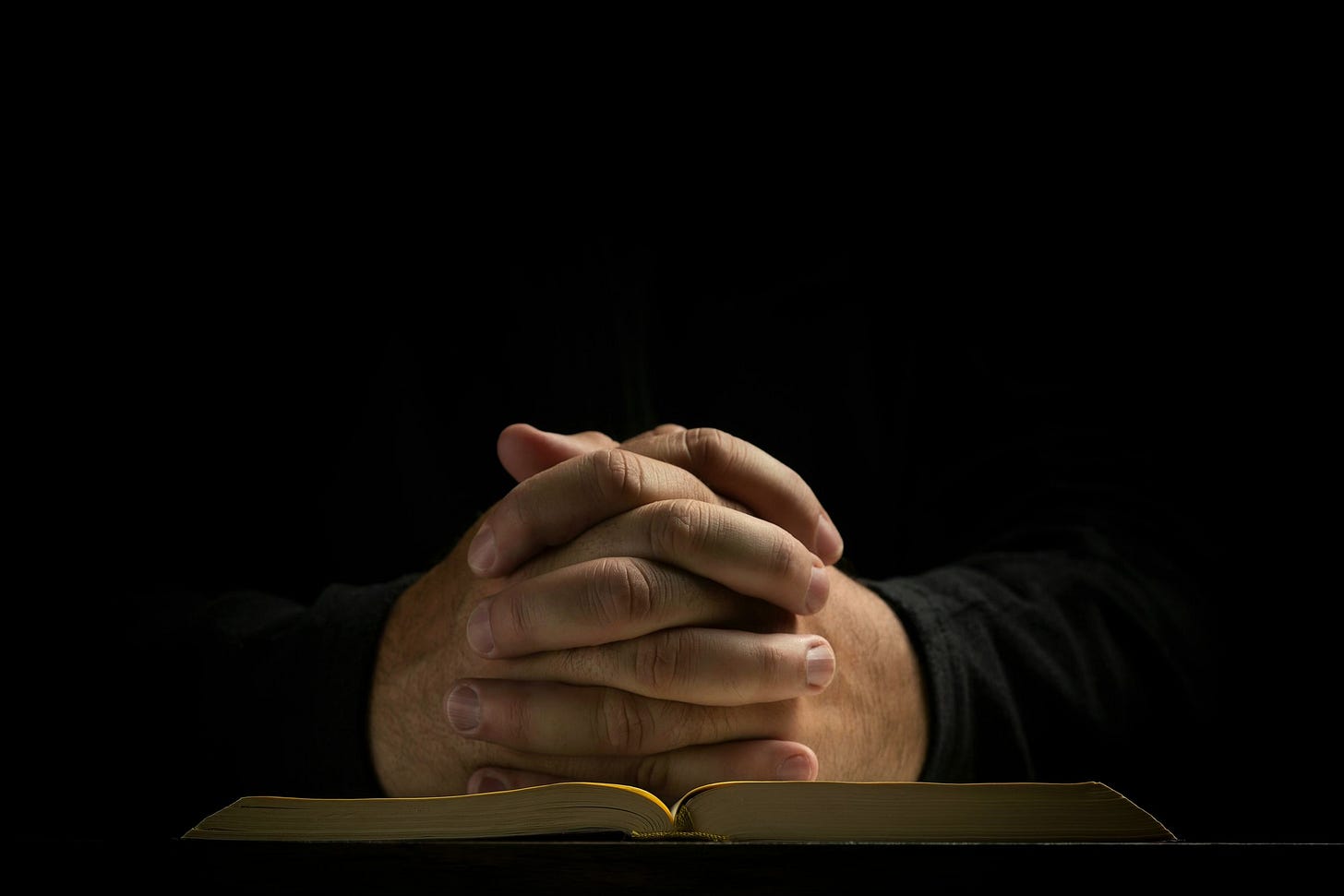This Lent, I am revisiting Martin Laird's remarkable little book, Into the Silent Land, as an aid to my contemplative prayer practice. For me—and I imagine I speak for many who have gone through St. Matthew's Pastoral Ministry class—Into the Silent Land was my first introduction to the Christian tradition of contemplative prayer.
I remember feeling a certain amount of instinctive mistrust approaching the subject. The language of "meditation" seemed foreign to my Christian context; to my ears, it more readily evoked Eastern or New Age spirituality. Before I even began to read Laird in earnest, though, the book sleeve addressed my hesitations head-on, clarifying that Laird's intention was precisely to correct the common misconception that Hinduism or Buddhism (or "spiritual but not religious" postmodernism) have a monopoly on meditation, and to reconnect his readers with the rich history of contemplation in Christian spirituality.
Contemplative prayer is not an easy spiritual discipline. Though I no longer think I need to be concerned about its Christian bona fides, it still feels counterintuitive at a gut level. It is quite different from the Mass or the Daily Office, lacking the stable structure that makes those forms of prayer feel safe and comfortable. However, I have kept at it over the years because I have found that it meets a profound need in my life of prayer: the need to "pray without ceasing" (1 Thessalonians 5:17).
What, after all, does St. Paul mean when he exhorts the Thessalonians to "pray without ceasing"? For a long time, this struck me as an unattractive and impossible demand because I didn't know how to imagine a form of "ceaseless prayer" that was not an anxiously babbling internal monologue. This was what Into the Silent Land offered me: a way to conceive of "praying without ceasing" not as an awkward, exhausting, too often one-sided conversation with God, but as a steady, stabilizing undercurrent flowing through all of life. Through the contemplative practice of breathing and praying, prayer begins to become as natural, pervasive, and unobtrusively essential as breath. After all, we depend on God for our life no less than we depend on air.




